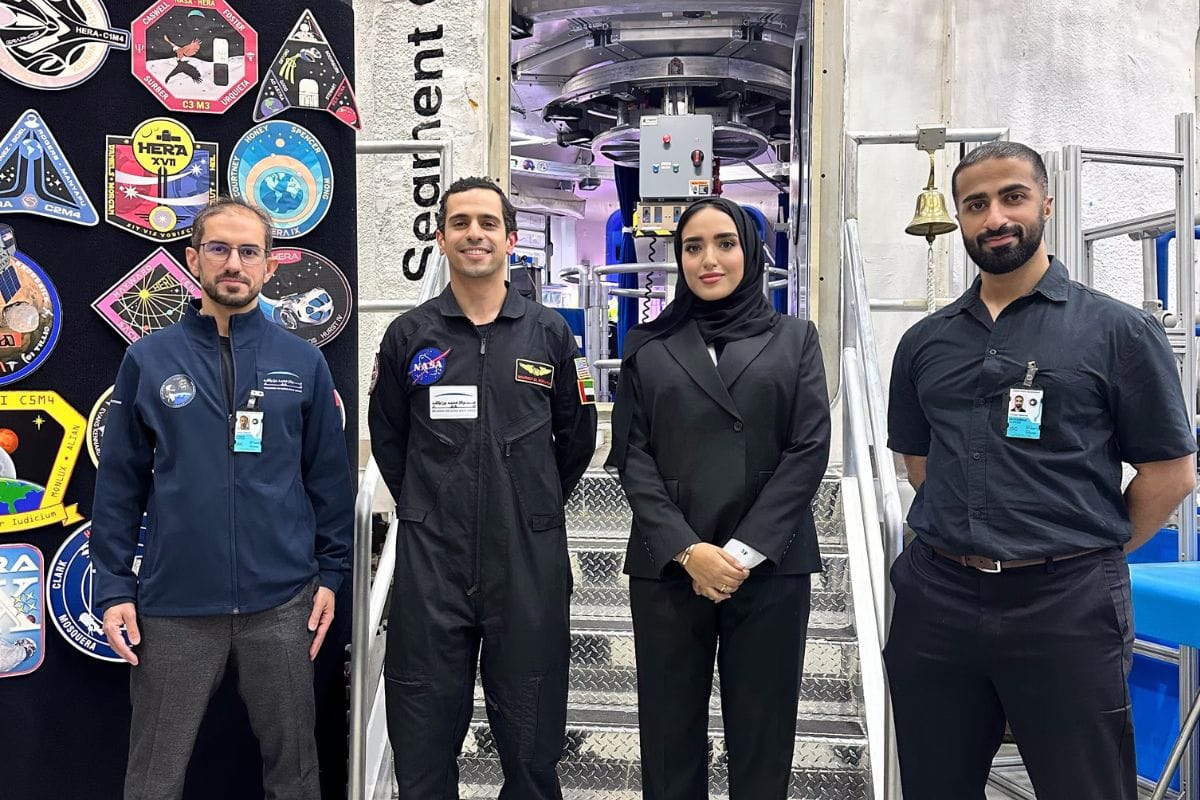The Mohammed bin Rashid Space Centre (MBRSC) has announced the successful completion of the final phase of its second analog study, marking a significant milestone in the UAE’s journey into space exploration. This 45-day mission took place in a simulated Mars environment and was designed to evaluate the capabilities and readiness of the Emirati crew for upcoming space missions. This phase was essential for testing various elements of astronaut training and mission protocols as the UAE prepares for future interplanetary missions.
Emirati astronaut Obaid AlSuwaidi played a crucial role in the crew involved in this study. His participation in this demanding mission showcased the growing expertise and dedication of UAE astronauts. Throughout the study, AlSuwaidi and his fellow crew members lived in isolation within a confined habitat, replicating the conditions of a Mars mission. This intense environment provided scientists with valuable insights into human performance, behavior, and teamwork under stress.
The completion of this study represents a significant achievement for the UAE’s space program, aligning with the nation’s ambitious goals to enhance its presence in space. The data collected from the analog study will be instrumental in shaping future missions, including the UAE’s plans for an unmanned mission to Mars and potentially a crewed mission in the coming years. The success of this mission further establishes the UAE as a leader in space exploration within the Middle East.
MBRSC’s continuous efforts in space research and development, along with the commitment of astronauts like AlSuwaidi, indicate a promising future for the UAE’s role in global space exploration. As the nation strives to break new ground, this study serves as a crucial step toward even more significant advancements in space science and technology.





